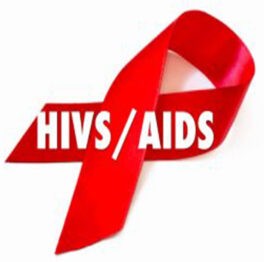Home









-
All Products, Special Products
Roots Caps
Rated 2.40 out of 5(5)- Correct erectile dysfunction by increasing the ability to have and sustain a good erection during sexual acts
- Significantly increase sexual desire without side effects or dependencies
- Provides better health and physical energy to support personal relationships and intimacy.
- Increase blood flow to the genitals.
- Boosts energy, libido and sexual thoughts.
>>>Read More
SKU: n/a -
Allergies
Vitamin C Rose Hips (Allergies)
Rated 5.00 out of 5(1)https://www.naturesgiftforlife.com/shop
Benefits of this product for Allergies
- Vitamin C Rose Hips (Allergies)
- Exerts antihistamine activity which helps directly in the treatment of allergies
- Contains Quercetin which stabilizes the mast cells which govern the severity of allergic reaction
>>>Read More
SKU: n/a -
All Products, Steaz Energy Drinks
Steaz Orange Energy Drink
0 out of 5(0)- Elevates your energy and conscience
- Eliminates physical and psychological fatigue and muscle pain
- Strengthens the heart and cardiovascular system
- All natural – Nothing artificial – No preservatives!
>>>Read More
SKU: n/a
Welcome to Natures Gift for Life (NG4L), Best Online Shopping Site in Cameroon & Nigeria for natural health supplements
Nature’s Gift for Life (NG4L) is home of the best natural health supplements in Cameroon and Nigeria. NG4L provides top quality natural health and beauty products in Cameroon and Nigeria at affordable prices.
Our online store in Cameroon and Nigeria allows you to access our health products with just click. The biggest platform to purchase online in Cameroon and Nigeria offers a wide range of Natural supplements and home care electronics with possibility to consult online with our health specialist.
Shop our best beauty and health products available in Nigeria and Cameroon for women, men and children.
We offer natural health supplements not limited to the categories: Anti-Oxidants, Diet, Energy Drinks, Medical ,Home Care Health Electronics, Multi-Vitamins, Natural Supplements, Mineral Supplements, Skin Care, Teas, Tooth Care.
Our natural health products have been categorized according to health conditions. You can have solutions to, Allergies, Andropause, Arthritis, Asthma, Cancer, Chronic Fatigue, Chronic Pain, Constipation, Eye Health, Diabetes, Female Infertility, Fibroid, Gastritis, Hemorrhoids, HIV-AIDS, Hypertension, Impotence, Male Infertility, Menopause, Prostate, Weight Management


















































